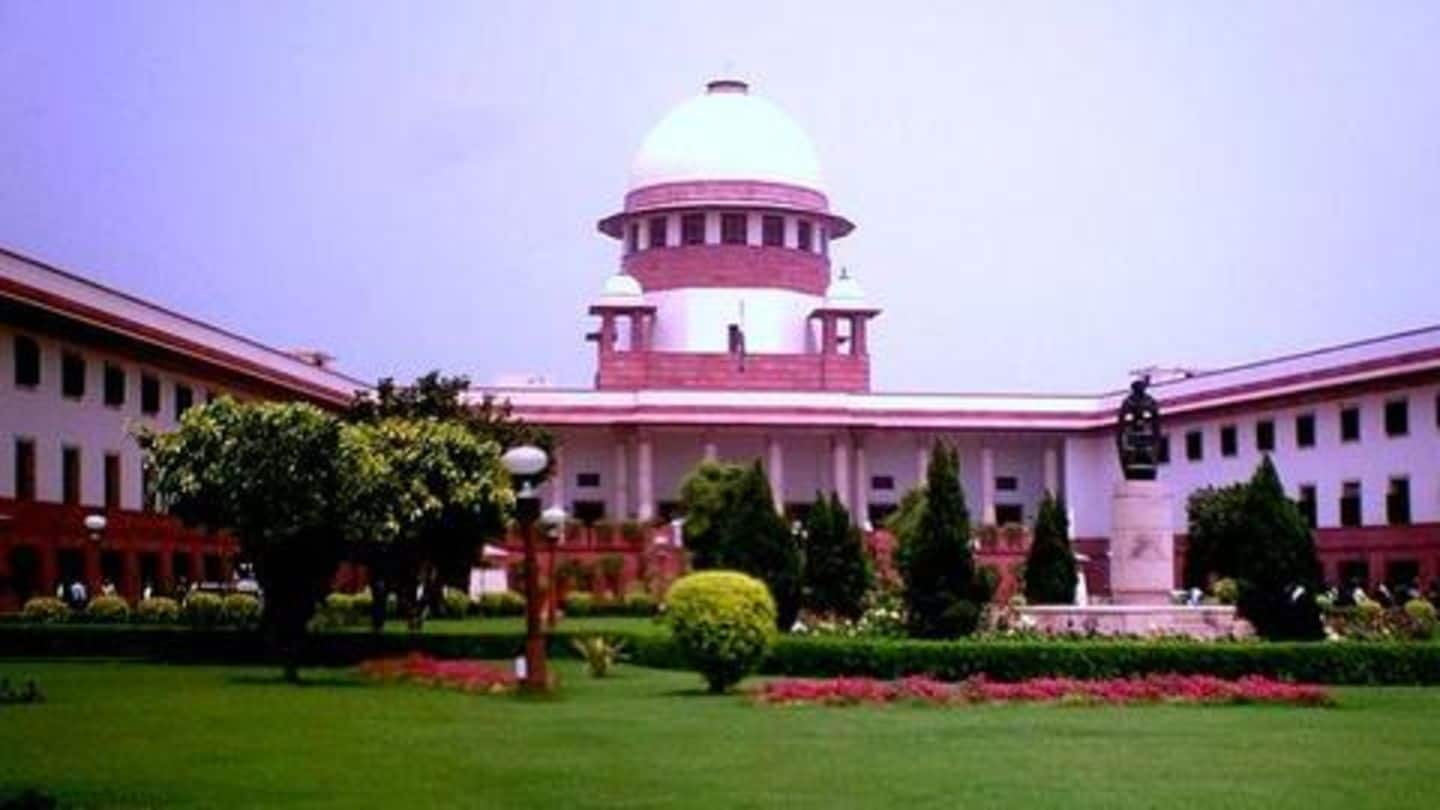
Panchayat-polls: 2-child norm applies even if third given for adoption
What's the story
The Supreme Court on Wednesday clarified that two child norm was applicable to those contesting panchayat polls, or holding a position, and the birth of the third child would lead to disqualification.
The top court clarified even if the third child is given for adoption, the rules applied but noted that if twins or triplets are born, an appropriate decision will be taken accordingly.
Verdict
Bench explains the intent behind Panchayati Raj Act
A bench of CJI Ranjan Gogoi and Justices SK Kaul and KM Joseph noted the intent of Panchayati Raj Act was to ensure a person having three live-births neither contests elections nor holds a position.
The bench noted the Act's purpose was to restrict births in a family, and it had no connection with the Hindu Adoption and Maintenance Act.
The case
Context: Disqualified sarpanch challenged Odisha HC's decision in Supreme Court
The court was hearing a petition filed by Minasingh Majhi, a tribal sarpanch of Odisha. Singh's two kids were born in 1995 and 1998 respectively, and the birth of the third child in 2002 led to his disqualification.
The Orissa High Court disqualified him from his position in Nuapada district's panchayat. He challenged the decision saying he gave his firstborn for adoption.
Argument
Counsel cites adoption law to make case for Majhi
Puneet Jain, Majhi's counsel told the SC, according to Hindu Adoption and Maintenance Act, the ousted sarpanch had no rights on his firstborn. As per the aforementioned law, after adoption, a child ceases to be the member of the original family.
He argued since Majhi gave up his child for adoption in 1999, he followed the two-child norm and was eligible to hold position.
Details
After hearing arguments, SC didn't rule in Majhi's favor
Jain added though Majhi was the biological father of three kids, he was legally responsible for only two.
The bench noted they didn't know whether panchayat members were supposed to be role models for the country. "But the legislative intent appears clear that it wanted to put a cap on the number of children at two for those holding elected posts in panchayats," it added.